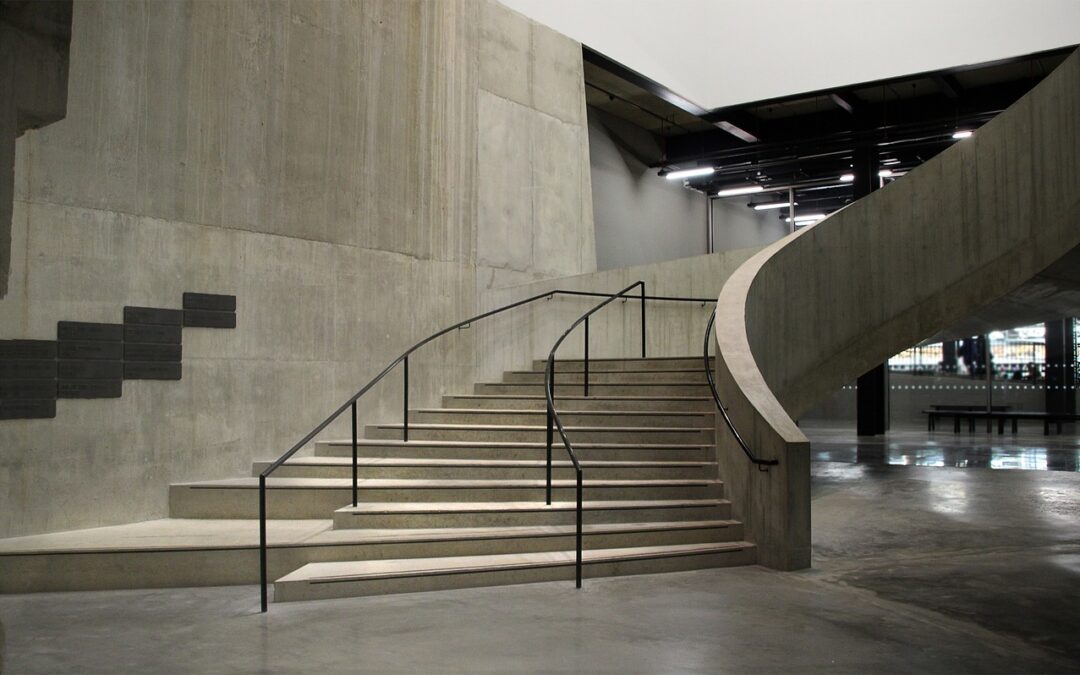Contents
The Hidden Dangers of Concrete Cracks: Why You Need Professional Repair Specialists
Concrete is a durable material, but it’s not indestructible. Over time, cracks can develop, posing a safety hazard and compromising the integrity of your property. That’s where concrete crack repair specialists come in, armed with knowledge, expertise, and the ability to restore your concrete to its former glory.
Signs You Need Concrete Crack Repair
Ignoring concrete cracks is a recipe for disaster. Here are some telltale signs you need to call a professional:
- Visible cracks: Cracks wider than 1/4 inch or longer than 12 inches.
- Sinking or settlement: If concrete slabs sink or settle, it can indicate underlying structural issues.
- Spalling: Concrete chipping away or flaking, exposing the reinforcement bars.
- Water leakage: Cracks can allow water to penetrate and cause further damage to the concrete and its surroundings.
Benefits of Hiring a Concrete Crack Repair Specialist
DIY crack repair may seem tempting, but it’s best left to the experts. Here’s why:
- Expertise and experience: Professionals understand concrete properties and can identify the root cause of cracks.
- Proper materials and techniques: They use high-quality materials and employ proven methods to ensure lasting repairs.
- Time and cost savings: Hiring a specialist can save you time and money in the long run by preventing further damage and costly replacements.
- Improved aesthetics: Repairs are seamless, restoring your concrete’s appearance and value.
Types of Concrete Cracks
Not all cracks are created equal. Here are a few common types to watch out for:
- Shrinkage cracks: Caused by the concrete shrinking as it cures, usually harmless if less than 1/4 inch wide.
- Settlement cracks: Occur when the underlying soil shifts or settles, more serious and require prompt repair.
- Impact cracks: Result from external impacts, such as heavy objects or vehicles, and are more likely to require reinforcement.
- Freeze-thaw cracks: Frost and ice can cause concrete to expand and contract, leading to cracks in cold climates.
Prevention and Maintenance
While cracks are sometimes inevitable, you can minimize their risk:
- Use expansion joints: These gaps allow concrete to expand and contract without cracking.
- Control temperature: Avoid rapid temperature changes that can stress concrete.
- Proper drainage: Keep water away from concrete surfaces to prevent erosion and cracks.
- Regular inspections: Inspect your concrete regularly for early signs of cracks and address them promptly.
Real-World Success Stories
“Our driveway was a crumbling mess before we hired Sunnyside Concrete. They assessed the damage, explained the repair process, and got the job done quickly. Now our driveway looks brand new!” – Sarah J., satisfied customer
Call to Action
Don’t let concrete cracks compromise your property’s safety and value. Choose a reputable concrete crack repair specialist today. Their expertise and dedication will ensure your concrete remains strong and resilient for years to come.

